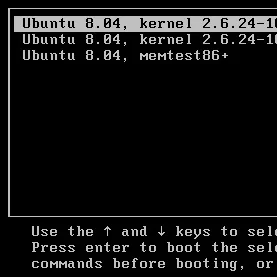Haiku OS Gets TRIM Working For SSDs, Continues Bringing Up RISC-V Support

Along with Haiku R1 Beta 3 having been released at the end of July, there has been a lot of other activity this summer. The Haiku project just published their 2021 summer recap with some of the highlights including:
- FSTRIM is now in place for SATA and NVMe disks to support TRIM/discard of unused sectors on solid-state drives. Previously Haiku's FSTRIM only worked for RAM disks and SD cards.
- Haiku continues growing its RISC-V architecture support.
- Haiku also continues seeing work for advancing its ARM64/AArch64 64-bit Arm hardware support.
- Network driver updates from FreeBSD 13 were merged.
- Haiku's FTPD server after falling behind as a very old fork from FreeBSD has since been synchronized with the latest upstream FreeBSD code.
- A variety of user interface improvements and fixes were merged.
- Continued improvements to the Haiku build system, including support for building Haiku on macOS and Apple Silicon hardware.
More details on the latest Haiku open-source activity via Haiku-OS.org.
2 Comments

